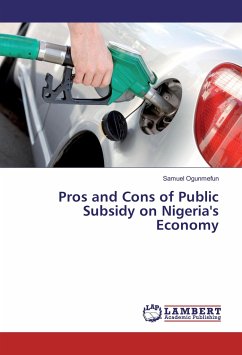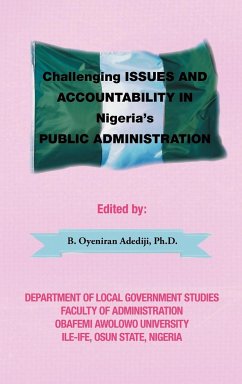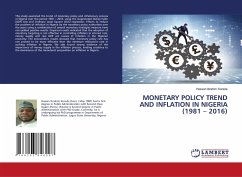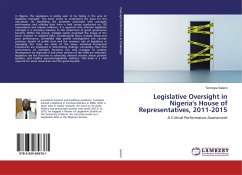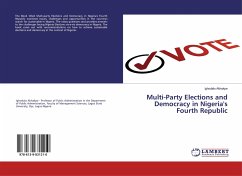This study tries to fully express the two dimensions of public subsidy, which include i) the government paying partly for goods/services for consumers and producers alike and ii) the government waiving some taxes from private firms in order for them to utilize their extra profit on social development without being compelled. But, after examining all considerations, this study revealed that the consumers /producers end up paying more on the long-run whenever they receive subsidy from the government in form of tax relief and/or reduction on tariffs duties. It also revealed other effects of subsidy on various macroeconomic variables such as monetary value, inflation, transportation cost and so on. Above all, the general conclusion of this study is that public subsidy will only be effective if and only if there exist a free and perfect market where resources are distributed evenly, which is a rare thing to come by in any nation especially Nigeria.

